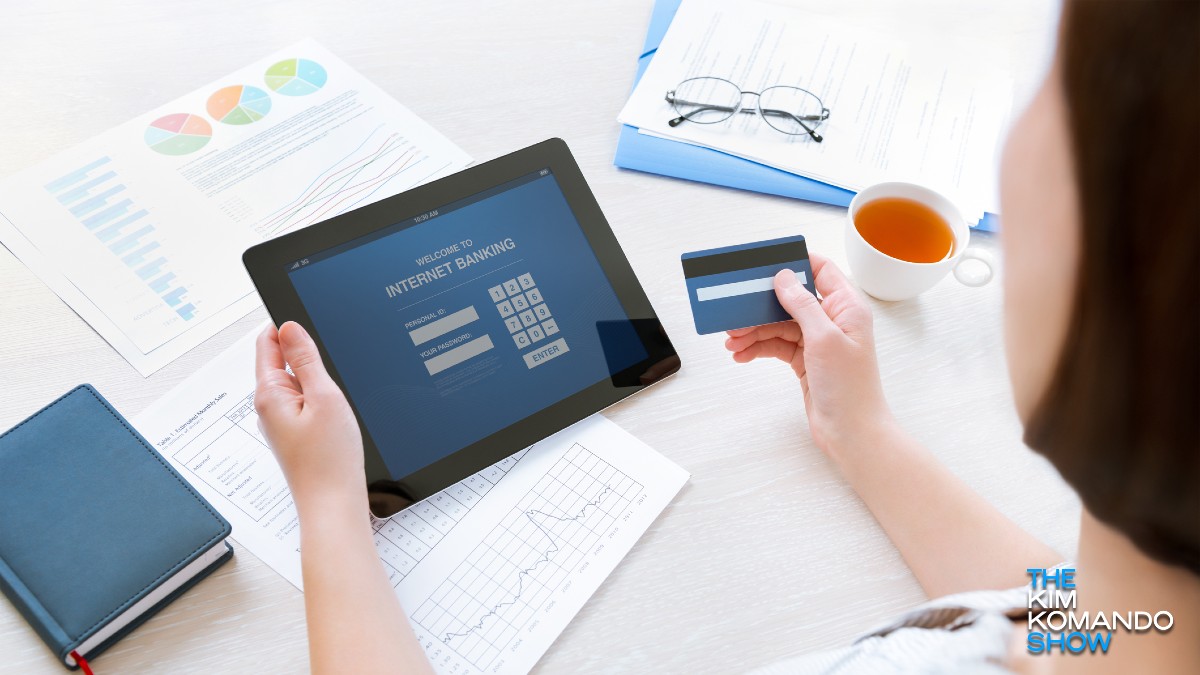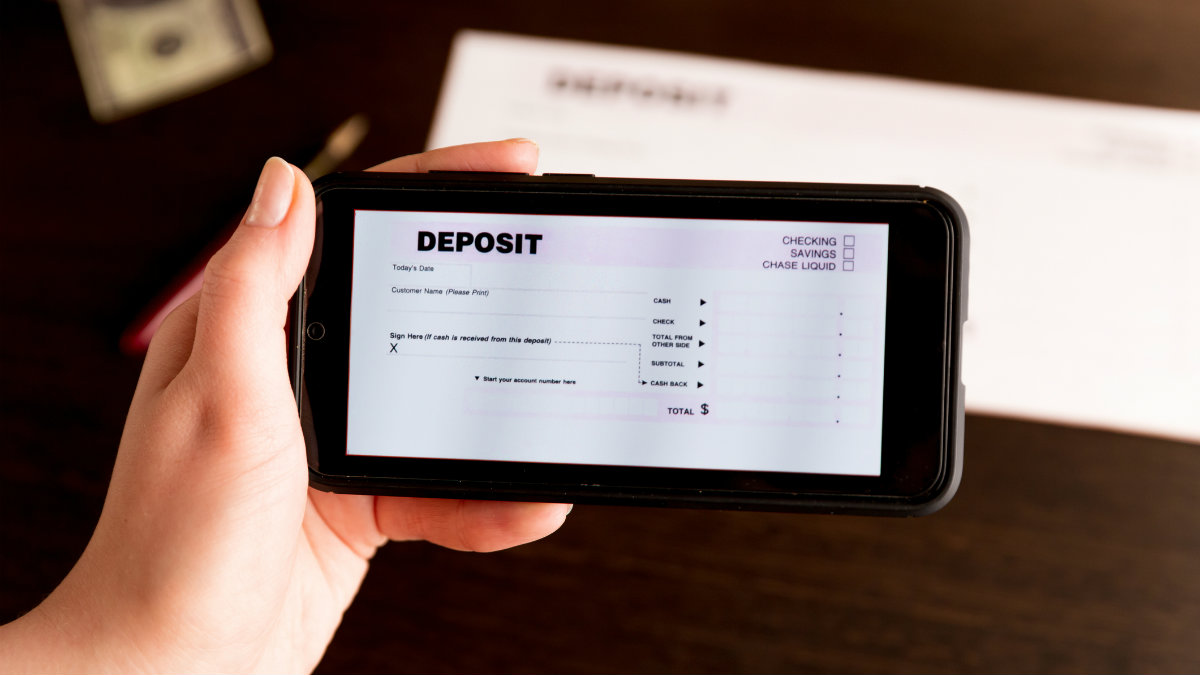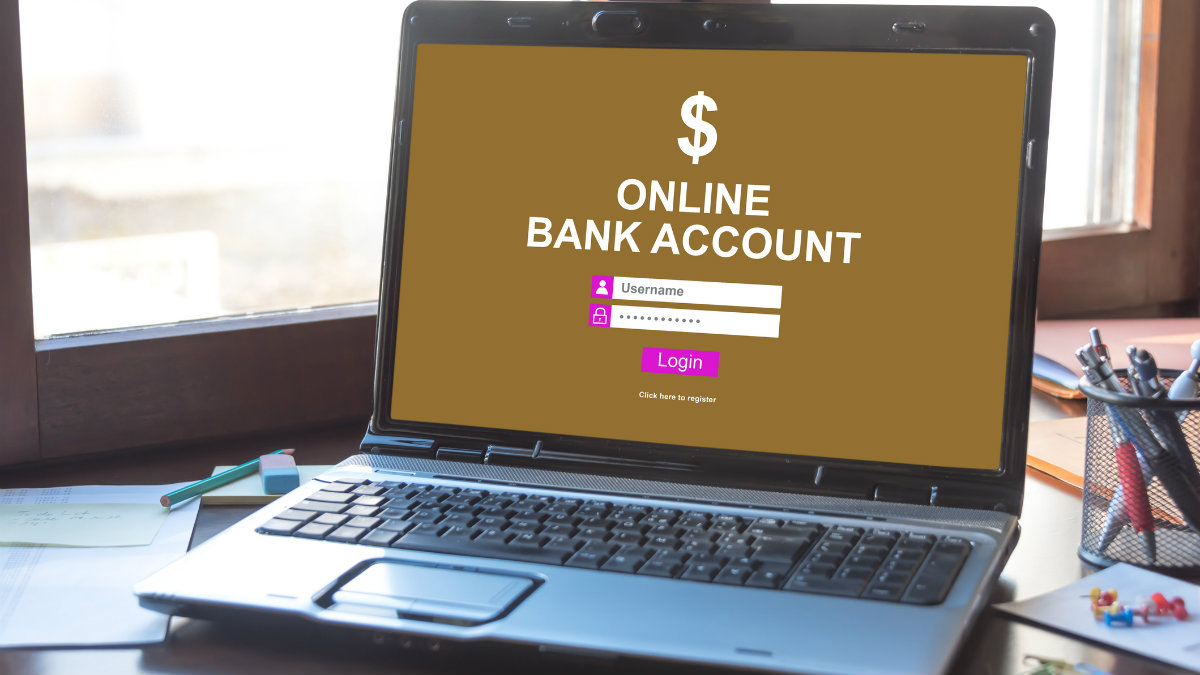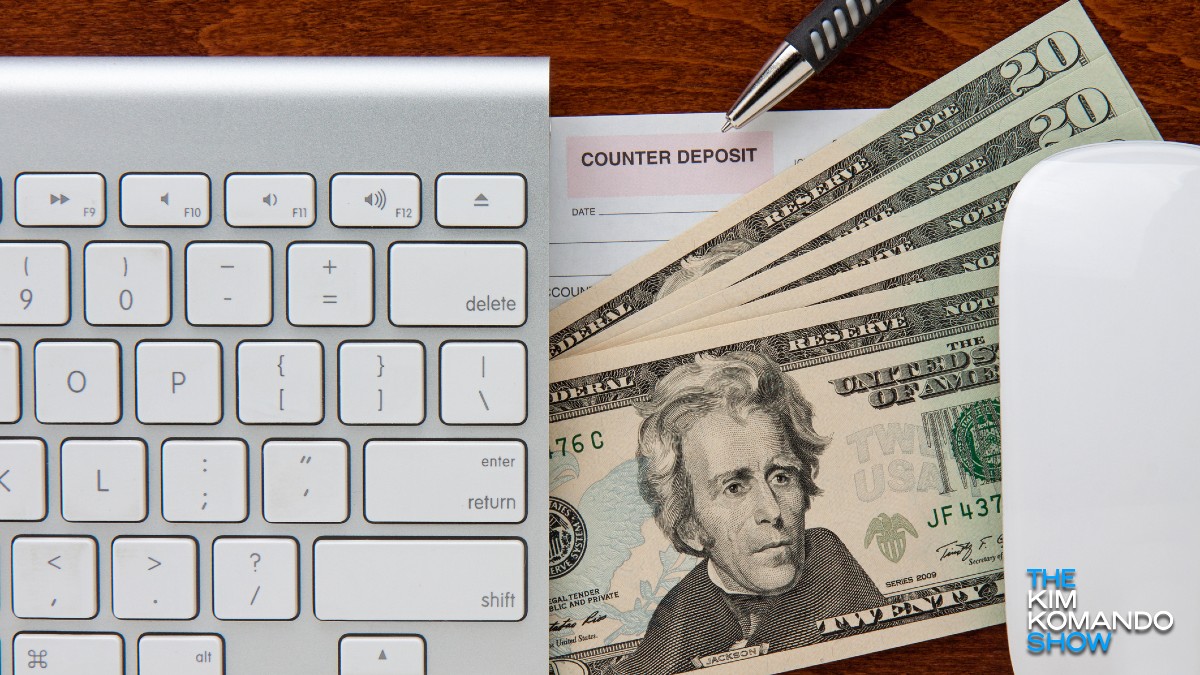Warning: Check your computer for software that puts you at risk

Criminals are finding clever new ways to infect not only your smartphone with malware but also your PC. Tap or click here for steps to removing malware from your computer.
It’s not always malicious apps in third-party app stores causing the problems. Some legit apps become risky over time. After deep diving into more than 30,000 open-source repositories, cybersecurity experts at Veracode have come to a few startling conclusions.
Keep reading to find out what the team found in its 2023 State of Software Security Report.
Here’s the backstory
Software maven Veracode published a collection of security findings after analyzing some of the industry’s best and brightest. This includes many regarded as some of the safest programs available to the public.
After crunching the numbers, the firm determined that even relatively modern software may develop dangerous security flaws as months and years pass.
Veracode describes a honeymoon phase at the beginning of an application’s life. After the first sweep for bugs and other issues, the app’s reliability becomes very stable before the age of the application begins to show.
After this honeymoon period, a lot tends to happen. Companies are disbanded, teams of developers change or leave entirely, and new technology overtakes the foundation upon which the original application was built.
As these factors compound, older applications may be as much as 27% more likely to become dangerously unsafe. The longer software is around, the greater chance it has to become corrupt.
When it’s time to say goodbye
On average, Veracode’s honeymoon period lasts from the first significant scan to around 18 months after the debugged app was released. They deliver this warning with one big piece of advice: to scan all your apps at least once a month to see if they have become corrupt.
While many of the tactics described in the report appear to be geared more toward the engineers building the apps themselves, it’s still worth considering, even if you’re an average consumer.
Online banking checkup: 3 must-do steps to protect your login

Criminals are around every corner online, trying to steal your credentials and rip you off. From phishing emails to spoofed websites to malicious apps, there is much to worry about.
If someone gets their hands on enough of your personal information, they can steal your identity and ruin your credit. Tap or click here for signs that someone has opened a bank account in your name.
Convincing bank text scam could cost you thousands

Online banking is convenient and safe as long as you take some precautions. While it’s nice to avoid standing in long lines waiting for a teller, there’s always the chance for hackers and scammers to get involved. Tap or click here for three online banking mistakes putting your money at risk.
Signs someone opened a bank account in your name - And what to do about it

Bad credit comes with many problems, like higher interest rates and rejected home and vehicle loans. That’s why you should look out for the one threat that can tank your credit score: identity theft. If a scammer steals your identity, they can drain your accounts and obliterate your financial security.
Set up your financial accounts like you're going to be hacked

Raise your hand if you manage your finances online. Most of us stopped going to the bank during the pandemic, and once you realize how easy it is to get things done from your phone or computer, why go back?
But some of the biggest cyber threats we face today are banking Trojans — malicious programs that hunt for bank information while disguising themselves as harmless documents. They can scan what you type, steal your money and compromise all of your most sensitive passwords. These often come loaded in malicious apps. Tap or click for more info on apps recently caught stealing bank credentials.
The big online banking mistake you didn't know you were making

When was the last time you stepped foot in a bank? Yeah, I can’t remember either. It’s so easy to do everything online that I can’t see going back to physical banking much, even after the pandemic.
If you’re banking via your computer or phone, do it the smart way. It only takes a few minutes. Assume you will be hacked and take these six steps to make sure your money is safe.
One mistake you make when you deposit checks using your phone

Banking is so much easier now than when I was a kid. I remember getting my first check and running to the bank and feeling that rush of joy when the clerk handed me my receipt. Nowadays the whole process is streamlined: Just open up your banking app, take a few photos of your check and you’re done.
5 best online banks and how to choose one

If you’re looking for a new bank account, you’re aware that you have a ton of choices in banks, credit unions, and other financial outlets. But are you aware that you also have a choice of online banks?
That’s right — in addition to your traditional brick and mortar banking institutions, there are virtual banks that do just about everything traditional banks can do. These online options offer deposit accounts, investment accounts, and other banking products, and there are often major perks to trading off in-person service for virtual help — and most, if not all, are FDIC-insured. RELATED: FBI warns crooks are targeting banking apps.
More online banking scams coming, FBI says - protect yourself now

Since the start of the COVID-19 pandemic, scams targeting banks and financial institutions have been on the rise. Registered domains associated with phishing campaigns increased by 30% throughout April, and authorities are noticing new attack patterns are starting to get much more aggressive.
How to do your banking online without putting your security at risk

Tech is supposed to make our lives easier, right? Instead of having to stand in line at the bank, we can just whip out our phones and fire up an app to move money around. That’s all well and good, but what happens when a hacker jumps into the mix?
Widower conned out of his $200K life savings with this crazy online scam

The internet has completely changed the way we live our lives.
Online shopping and banking are just a couple of examples of how the internet impacts us daily. The key is staying protected. Tap or click here for 4 essential steps to safer online banking and shopping.
